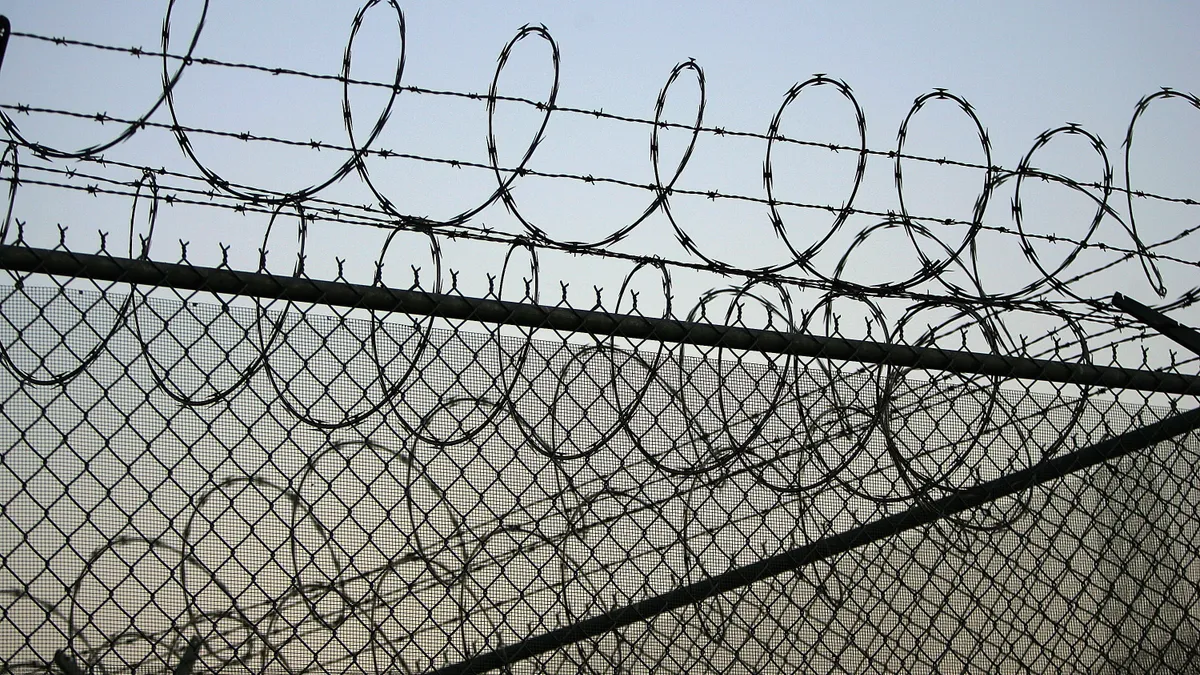A study published by the National Bureau of Economic Research last month found that a widely adopted form of legislation aimed at improving fairness in hiring for formerly incarcerated people had no effect, positive or negative, on employment of lower-educated men across demographic categories.
According to the study, conducted by two University of Chicago researchers, “ban-the-box” laws — which prohibit employer practices such as including questions about applicants’ conviction records and criminal histories on job applications — had no systematic or statistically significant association with employment for lower-educated men regardless of age or race and ethnicity.
In an interview with HR Dive, Robert Kaestner, research professor at the university’s Harris School of Public Policy and co-author of the study, said two reasons could explain why ban-the-box laws did not have the desired effect on employment for this population. First, most of the laws examined applied only to state or county government jobs that are limited in number and tend to be concentrated within state capitals or county seats.
The second consideration is enforcement; ban-the-box laws typically do not have criminal penalties attached to them, Kaestner said, and state agencies generally do not audit employers for compliance with the laws.
“It’s up to an individual to know there’s a law and know they’ve been adversely impacted,” he said. “Then someone from the state has to adjudicate the problem. That’s a real barrier.”
Laws that place restrictions on employer background checks, or that mandate employers to delay background checks to later stages of the hiring process, can also be easily evaded, Kaestner said.
The study focused on employment for lower-educated men, those with a high school diploma or less formal education, because this group has “relatively high rates of criminal history,” Kaestner said, and because of limited data on formerly incarcerated persons generally. The study conducted separate analyses by race and ethnicity.
The years that immediately preceded the COVID-19 pandemic saw organizations including the Society for Human Resource Management push for “second chance hiring,” encouraging HR departments to change their approach to recruiting and talent development to ensure such workers had opportunities that allowed them to return to civilian life. Private-sector employers’ openness to hiring people with criminal records also may explain why ban-the-box laws have had limited effect on employment of lower-educated men, Kaestner said.
Second chance hiring efforts have continued in the years since, but the rate of ban-the-box laws passed during this time has slowed. Hawaii became the first state to pass a ban-the-box law in 1998, according to the National Conference of State Legislatures, and at least 26 other states followed. NCSL’s database shows that in 2020, New Hampshire became the most recent state to pass such a law.
The University of Chicago study’s results contribute to a mixed academic assessment of ban-the-box laws. One 2016 study found that while the laws increased employment of residents in high-crime areas, particularly in the public sector and in lower-wage jobs, women saw their employment opportunities reduced. Researchers said this was “a perhaps unintended consequence” given that women are less likely to be convicted of crimes than men.
A separate 2018 study found that ban-the-box laws could increase statistical discrimination against demographic groups that include more people convicted of a crime. Specifically, the study’s authors found that young, low-skilled Black men saw a decreased probability of employment after the introduction of ban-the-box policies.
Still, other research documents positive effects of the laws. A 2014 study of Hawaii’s ban-the-box statute found that a reduction in repeat offenses in Honolulu after the 1998 law took effect. The National Employment Law Project, an advocacy group, has also documented multiple studies showing that public-sector hiring of people with criminal records increased in cities after those jurisdictions passed ban-the-box laws.













